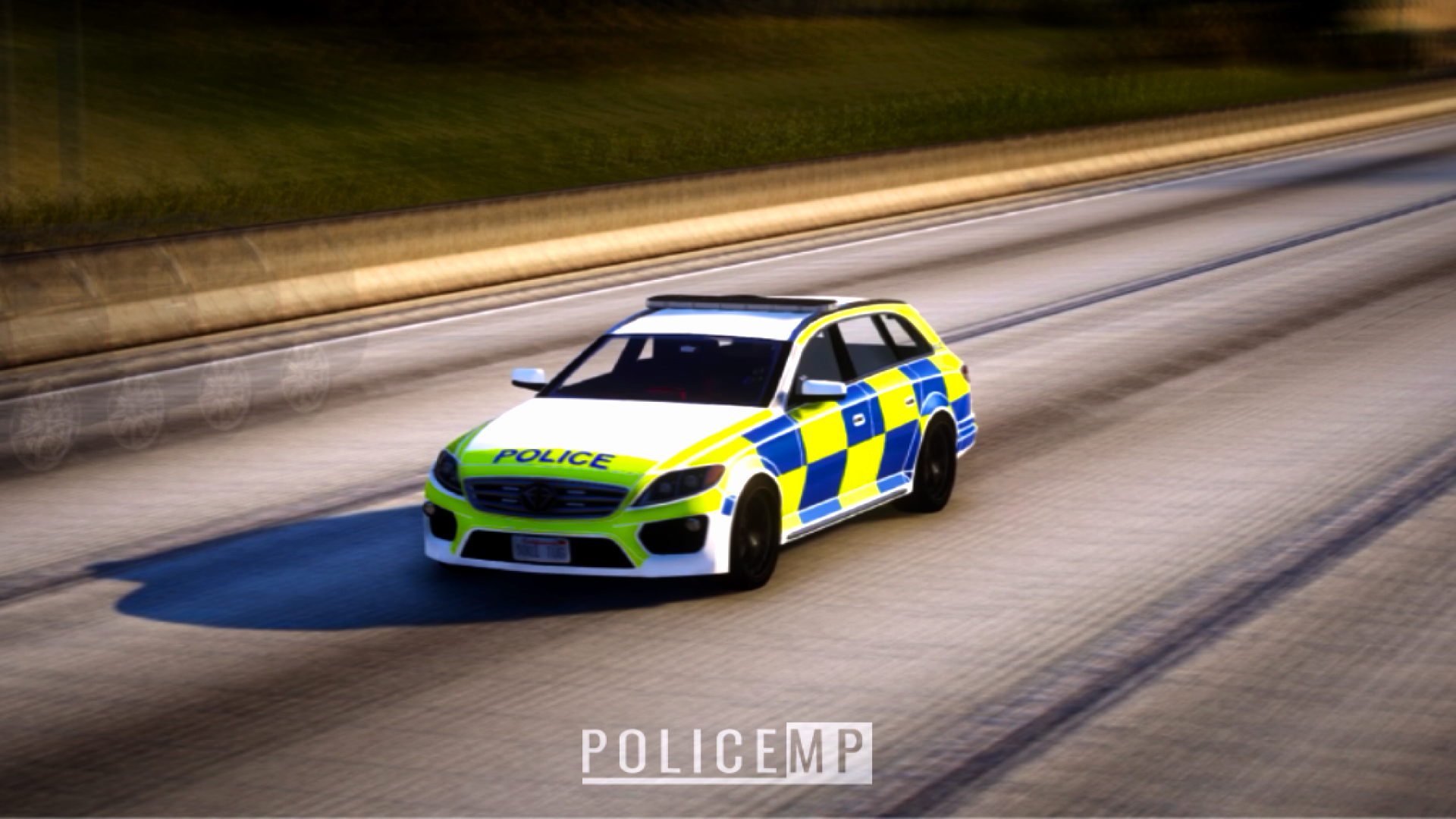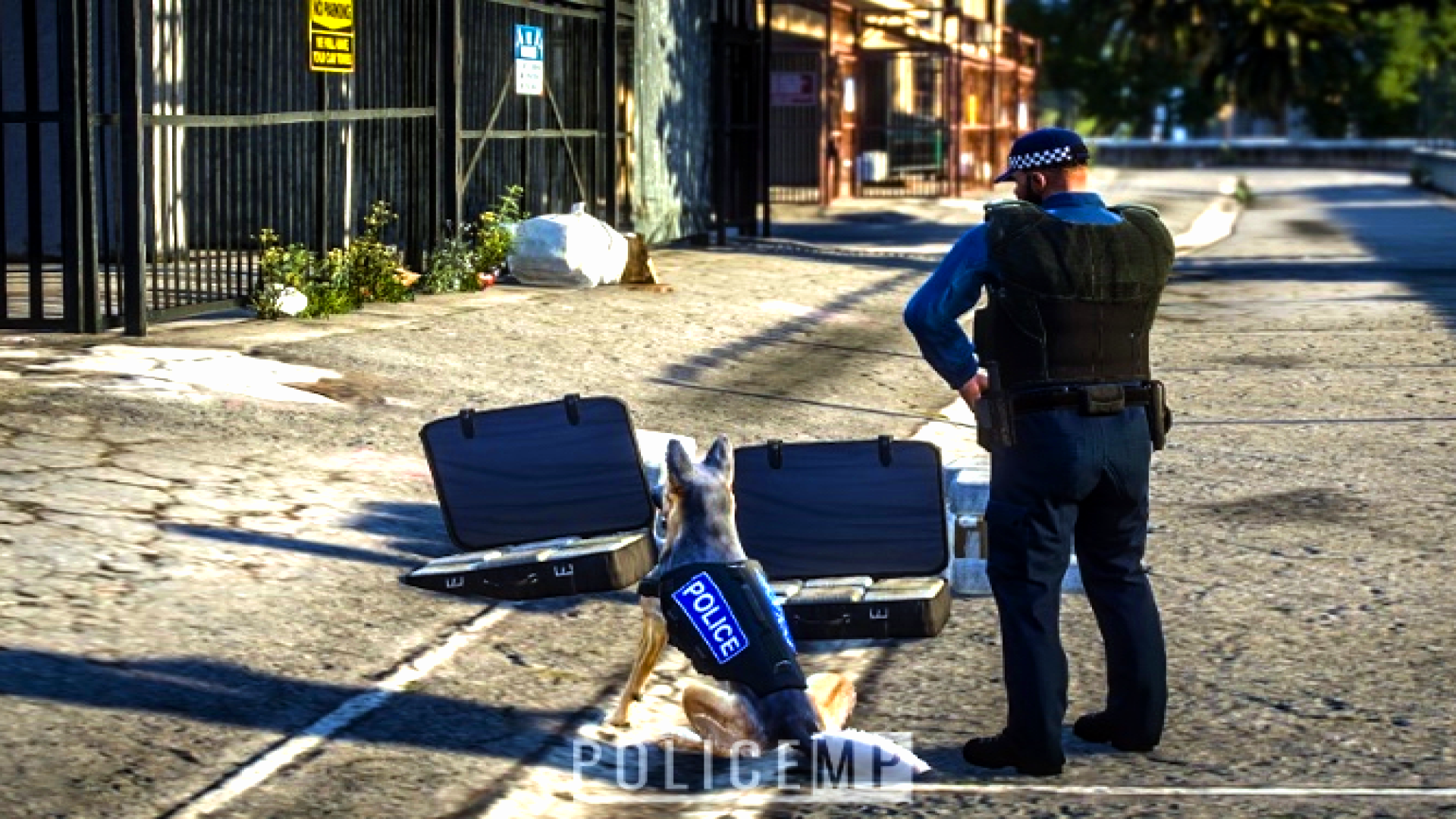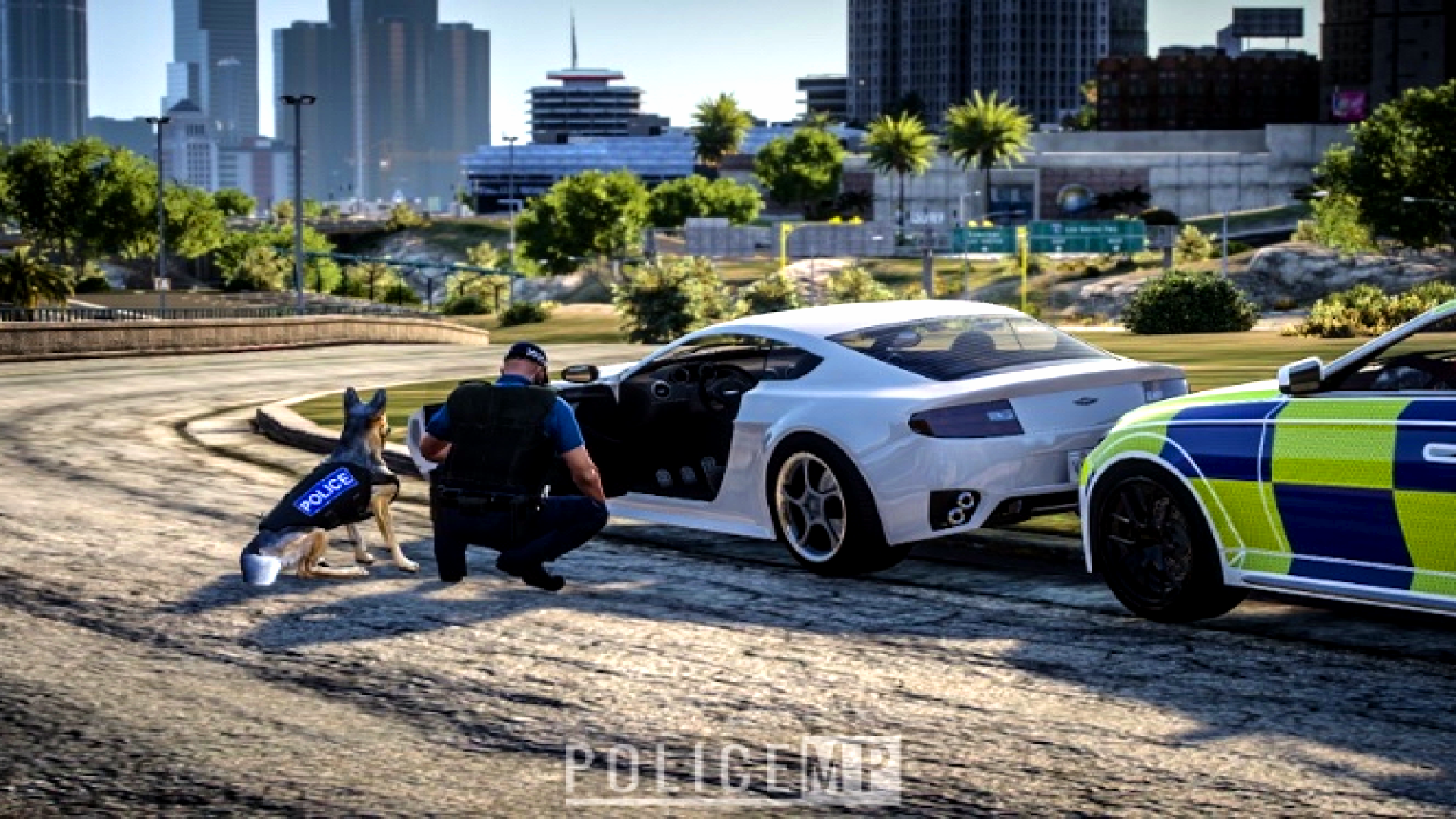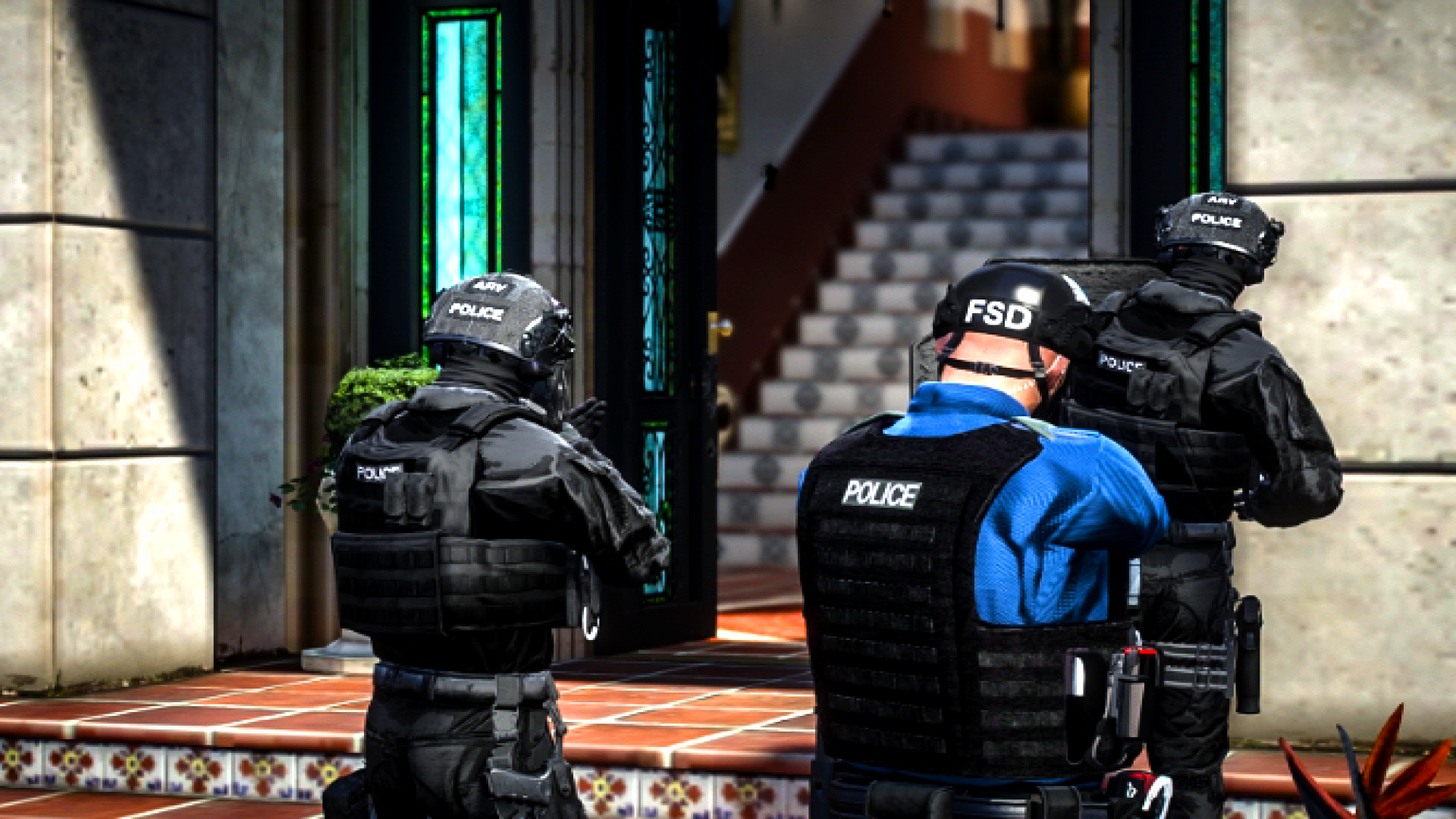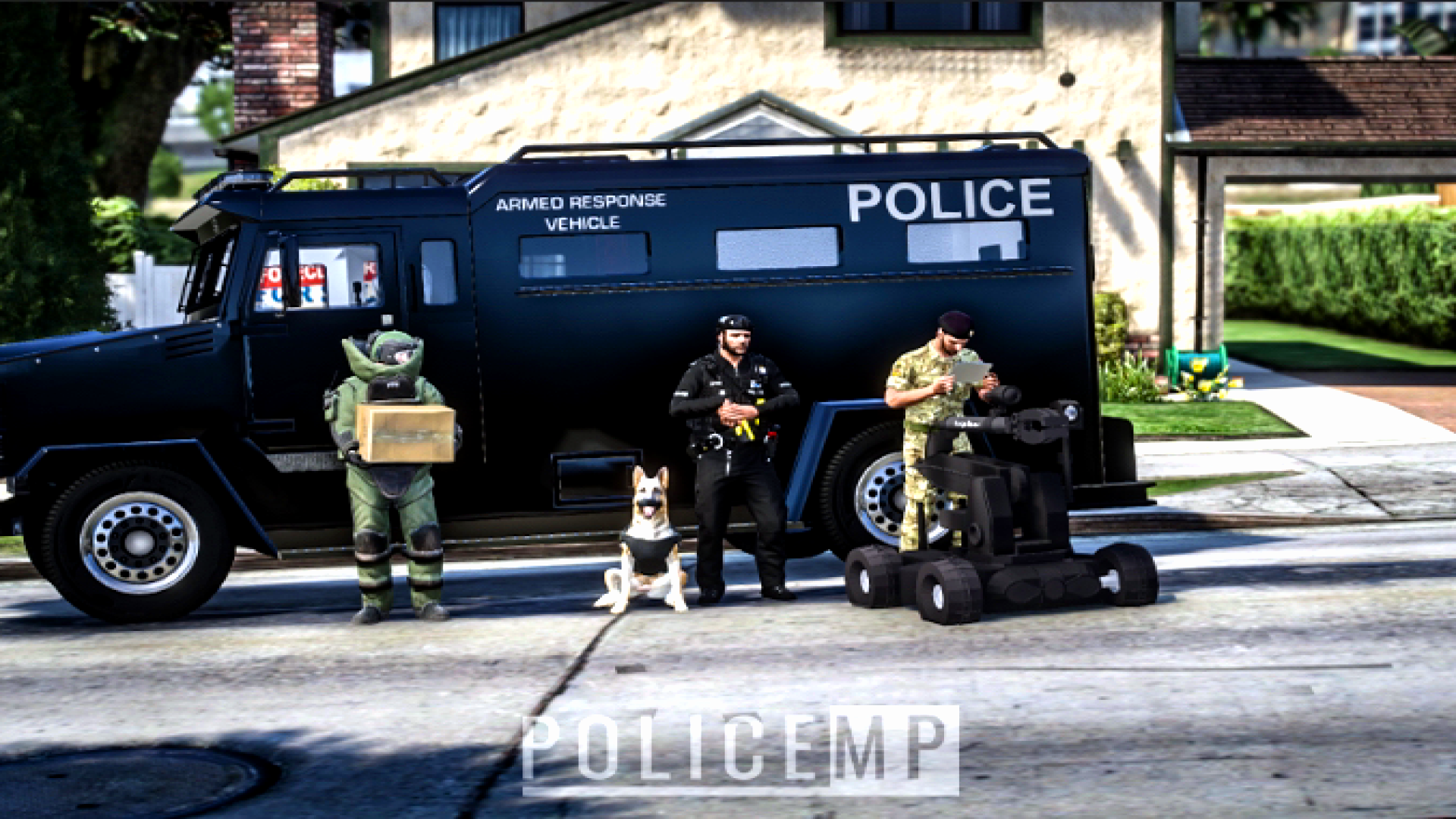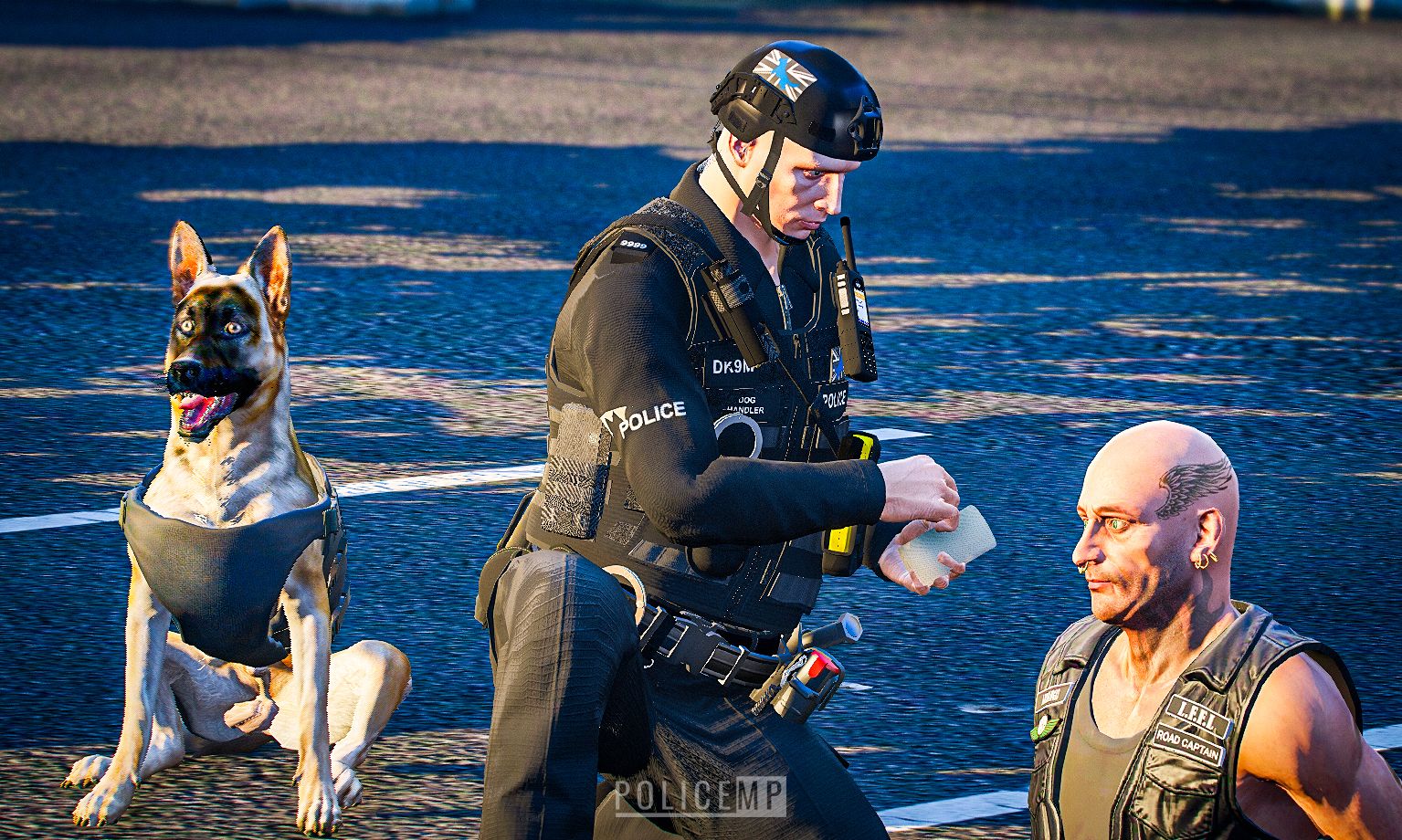Dog Support Unit
The Dog Support Unit is a support service that can be called upon to assist in missing person searches, searching for criminals or property, locating drugs or explosives, hostage situations and crowd control. Police dogs are commonly specially bred within Police kennels, to ensure a constant supply of dogs. However, some are still bought in, or provided by the public if the dog is still young enough for training. Their main role is to provide proactive and reactive assistance in support of all operational officers and specialist departments by appropriate use of police dogs; to locate and retrieve evidence or offenders, to control potential and actual disturbances, and to enhance officer and public safety.
As the Dog Support Unit we assist all officers within most areas of policing. Dog handlers work with specially trained dogs to help detect and prevent crime, find lost or missing people and protect property. As a dog handler you will help with foot pursuits and provide support in vehicles in case of a decamp.
Divisional Requirements
Gaining entry into the Dog Support Unit is by no means a really easy process. We look for officers who will be able to control not just themself but a dog whilst patrolling on the streets as well. Our recruitment cycle tends to be every month or as in when our command feels like we're ready to allow more handlers into our division. Whilst our applications are not open but you feel like you would like to gain some experience you suggest that you apply for a ride along via the divisional interest form.
Our requirements:
- To be ranked PC or higher and completed your 7 day probation
- To have at least 30 hours in the game
- To have no TX warnings or bans within 6 weeks
- To have a desire to learn and progress
- To be able to innovate and adapt
- To have great communication skills
- To be able to remain professional at all times
- IPP, Taser and FRB training desired but not essential.
- Willing to complete 6 hours of DSU per month
What do we look for in an officer?
- Good communication skills
- Leadership qualities
- Forward thinking
- Desire to learn
- Good team work skills
- Mature and sensible
- Ability to collaborate with other divisions
Progression Route
We have many progression routes within DSU. For those wishing to give back as a mentor for those aiming to join the division or even learn more about the division, we have our active buddy team who provide ride-alongs for all those who request a ride along. Our buddies are incorporated within our training team, and act as a perfect route for internal progression within the Dog Support Unit. It provides a platform to prove yourself for more advanced roles such as Sgt and will allow you to shape your future within the Dog Support Unit.
Training & Subdivisions
DSU has a few training packages available for our handlers as part of our division, which all cover a large area of London Police operations.
Specialist (Persons) Search Dogs (SSD)
Specialist Persons Search Dog (SSD) and their handlers are highly trained in locating missing persons, tracking individuals via scent, and searching for high-value items or substances. These may include firearms, ammunition, drugs, and other contraband or evidence critical to ongoing investigations. SSD handlers play a vital role in assisting investigative and tactical units.
Your canine partner excels in both human scent tracking and evidence detection. Whether it’s finding a missing person in a vast outdoor area, tracking a suspect’s escape route, or locating hidden contraband, your dog’s training ensures rapid and accurate results.
* SSD is a mandatory training and must be completed after probation
Tactical Firearm Support Dogs (TFSD)
Tactical Firearms Support Dog is a subdivision within the Dog Support Unit. Dogs and Handlers are trained in firearms related incidents and other weapons.
The main focus of a Tactical Firearm Support Dog is to detect things that may not be able to be visibly seen by an officer. The Firearm Support Dog is the most elite subunit within the Dog Support Unit and needs those that can proactively and effectively do their job.
As a Tactical Firearm Support Dog handler you will; have a closer insight into how AFO operates, in some cases be on the front line with AFO, your Dogs will be highly trained in sniffing out the likes of gun residue, or explosive material such as sulphur / nitro-glycerine (compounds commonly used in the production of gunpowder or explosive devices), You'll receive tandem training and the ability to attend AFO pursuits, training on what AFO call "Tactic X-ray" and access to new vehicles.
TFSD eligibility requirements:
- To have been within DSU for a minimum of 3 weeks before applying
- Must have completed Passive Scanning Drugs SLP
- Must be trained in SSD and Forensic Evidence Detection Dog
- To have high activity within DSU
- To be professional at all times
- To have great communication skills
- To be competent and confident to work well in a team
- To be able to make risk assessments and judgement calls at a moment's notice
- Taser Certified
- IPP Certified
- FRB Certified
Explosive Detection Dog (EXPO)
These dogs will be specially trained in locating anything bomb related - Bombs, chemicals that make bombs, etc. You and your dog will be working alongside EOD and maybe even AFO / CTSFO more closely. Your canine partner is trained in many things including searching for bombs, hidden bombs, vest bombs, and chemical compounds involved with the development of bombs / gun powder.
As an EXPO dog handler, you will:
Have a closer insight into how AFO/EOD operates. Your Dogs will be highly trained in sniffing out explosive material such as sulfur / nitro-glycerine (compounds commonly used in the production of gunpowder or explosive devices). Access to a new vehicle and uniform. EXPO is a far more advanced role and requires you to think outside the box and make difficult decisions. Also being able to perform under pressure with limited time at a moment's notice and to be able to listen well to EOD and instructions given.
EXPO eligibility requirements:
- You must have been in DSU for at least 3 weeks (including probation) before applyinG
- Must have completed Passive Scanning Drugs SLP
- Must be trained in SSD and Forensic Evidence Detection Dog
- Have high activity within DSU
- Be professional at all times
- Have great communication skills
- Be competent and confident to work well in a team
- Be able to make risk assessments and judgment calls at a moments notice
- Taser Certified
- IPP Certified
- FRB Certified
Fire Investigation Dog (FID)
A fire investigation dog is a specially trained dog that assists Fire Investigators in determining the cause of fires.
These dogs have an extraordinary sense of smell, which enables them to detect even the faintest traces of accelerants that may have been used to start a fire. Fire Investigation Dogs work closely with investigators from LFRS as well as Police investigation/ forensic teams to locate critical evidence in arson cases.
Fire investigation dogs provide fast and accurate detection of accelerants, reducing the time and resources needed for investigations. Their contributions significantly enhance the ability of fire investigators to determine fire origins and causes with greater certainty.
As a fire investigation dog handler, you will:
- Act in a supporting role for LFRS and CID in the initial stages of a fire investigation.
- Safely conduct an initial search of a scene with your dog to locate possible accelerants.
- Inform the LFRS investigator if and where the dog has indicated.
- Be on hand in the later stages of the investigation to then safely search a scene after SOCO/ forensics have conducted their work to identify any possible forensic evidence that may have been missed - such as electronics.
Remember, this is a supporting role only. LFRS and CID will perform the wider investigation. You will conduct an initial search for accelerants, and a second search later if requested by SOCO/ forensics as FED Dog.
FID eligibility requirements:
- You must have been in DSU for at least 2 weeks (including probation) before applying
- Must be trained in Forensic Evidence Detection Dog
- Have high activity within DSU
- Be professional at all times
- Have great communication skills
- Be competent and confident to work well in a team
- Be able to make risk assessments and judgment calls at a moments notice
Forensic Evidence Dog (FED)
A Forensic Evidence Detection Dog (FED Dog) is a highly trained dog capable of detecting a wide range of items, including drugs, cash, and even electronic devices.
These remarkable dogs undergo specialised training to identify specific objects that may be critical as evidence or subject to confiscation in connection with criminal activities.
Forensic Evidence Detection Dogs can detect:
- cash by picking up the scent of the ink used on banknotes.
- electronic devices thanks to their ability to detect a unique chemical compound found in such items.
- drugs by identifying the distinct chemical components present in narcotics.
FED is not a separate subdivision. This qualification will help you to understand how to search for specific items, such as cash, electronics and drugs, assisting other divisions with scenarios such as, but not limited to:
- Property searches with SOCO
- Vehicle searches
- Area searches
- Closed cordon searches
FED eligibility requirements:
- You must have passed your DSU Probation
- Be professional at all times
- Have great communication skills
- Be competent and confident to work well in a team
Public Order Dog (POD)
A Public Order Dog is a specially trained police dog used by law enforcement to maintain public order during potentially volatile situations. These dogs play a critical role in crowd control, protests, riots, and other large gatherings where tensions may arise.
Public order dogs are typically trained to:
- Control large crowds: They can assist in dispersing crowds or maintaining physical barriers.
- Apprehend suspects: They are trained to chase and detain individuals who pose a threat or flee.
- Protect officers: They act as a protective companion to officers, especially in hostile or dangerous environments.
- Provide a psychological deterrent: Their presence alone often discourages disorderly behavior.
- You must use the German Shepherd when deploying as public order dog.
As a Public Order Dog, you will:
A public order dog is a specially trained police dog used by law enforcement to maintain public order during potentially volatile situations. These dogs play a critical role in crowd control, protests, riots, and other large gatherings where tensions may arise.
Public order dogs are typically trained to:
- Control large crowds: They can assist in dispersing crowds or maintaining physical barriers.
- Apprehend suspects: They are trained to chase and detain individuals who pose a threat or flee.
- Protect officers: They act as a protective companion to officers, especially in hostile or dangerous environments.
- Provide a psychological deterrent: Their presence alone often discourages disorderly behavior.
- You must use the German Shepherd when deploying as public order dog.
POD eligibility requirements:
- You must have been in DSU for at least 2 weeks before applying
- Be professional at all times
- Have great communication skills
- Be competent and confident to work well in a team
Trojan Support Dog (TSD)
Trojan Support Dog is a specialist capability within the Tactical Firearms Support Dog (TFSD) programme, designed to enhance operational effectiveness during firearms related incidents. This advanced level of training allows a dog handler to directly crew with an Authorised Firearms Officer (AFO), activating closer integration with armed policing operations.
Under the Trojan Support Dog model, handlers and their dogs are embedded with AFOs and deployed closer to the frontline during high risk incidents. This close working relationship also increases situational awareness, faster decision making, and improved coordination between firearms officers and dog handlers.
Crucially, the presence of an AFO alongside our handlers, significantly enhances safety, providing immediate armed support in dynamic and potentially dangerous environments. At the same time, Trojan Support Dog capability increases the effective use of police dogs in firearms operations, strengthening our overall response to serious and complex threats. This capability represents a key development in the evolution of TFSD, ensuring highly trained dog teams can operate confidently, safely, and effectively in support of armed policing.
TSD eligibility requirements
- Must be trained in TFSD
- Be professional at all times
- To have high activity within DSU
- Possess great communication skills
- To be able to work well in a team
- Taser Certified
- IPP Certified
- FRB Certified
Meet our team






